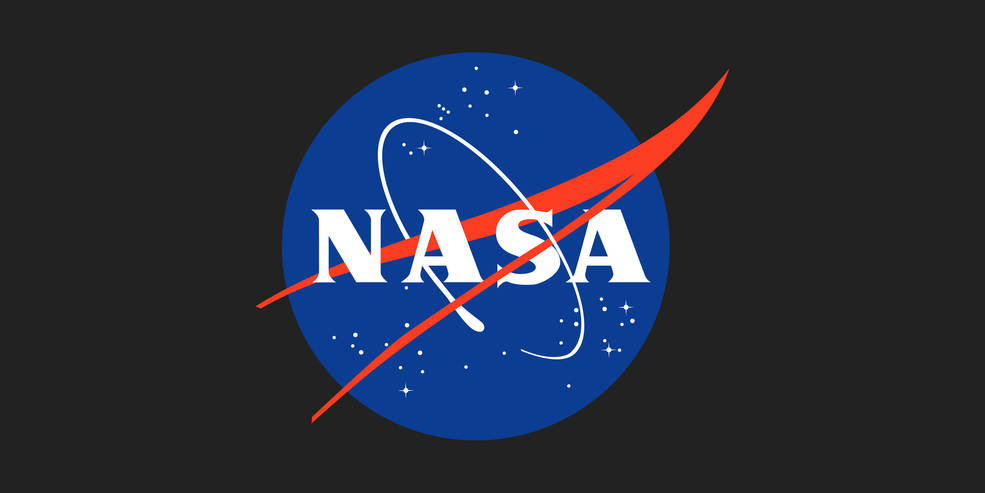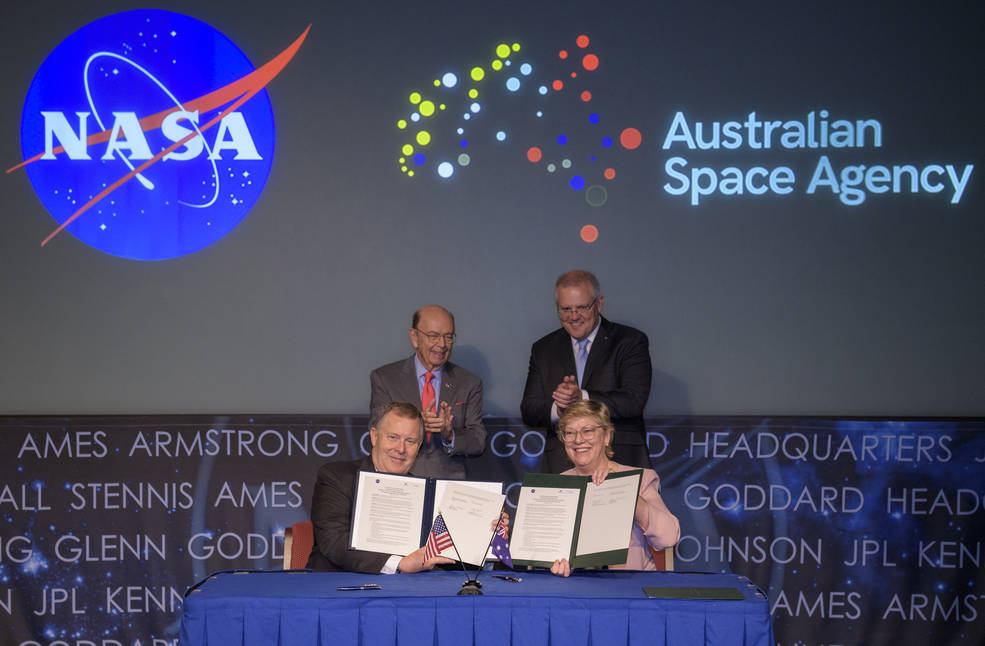NASA, NSF Join Forces to Bolster Student Diversity in Engineering

NASA and the U.S. National Science Foundation (NSF) have signed a memorandum of understanding to collaborate on an initiative to open new avenues to engineering careers for communities underserved and underrepresented in STEM, through Minority-Serving Institutions (MSIs).
Engineers are essential to America’s goals to send humans back to the Moon and, eventually, on to Mars. Successful innovation depends on an array of ideas and skillsets to further discoveries in the fields of science, technology, engineering, and mathematics. Through this new initiative, called “Building MSI-Led Coalitions to Strengthen Broadening Participation in Engineering,” NASA and NSF will develop engagement activities benefiting both agencies and create funding opportunities for institutions and organizations to plan and build coalitions with the specific focus on diversifying the engineering workforce.

NSF INCLUDES (Inclusion across the Nation of Communities of Learners of Underrepresented Discoverers in Engineering and Science) is developing a national network of educational institutions, alliances, pilot programs, federal agencies, individuals and other entities committed to increasing participation and inclusion in all STEM fields.
“NASA and NSF have benefited from a partnership spanning decades that advances space and science research,” said Mike Kincaid, NASA associate administrator for STEM Engagement. “This new collaboration enables NASA to leverage substantial NSF INCLUDES investments for the next generation of future explorers and innovators. Working together, our agencies can further strengthen a diverse STEM workforce that will achieve missions beyond our imaginations.”
The NSF INCLUDES National Network is grown through planning grants, partnerships, and other activities, building on each success and scaling up to reach underserved populations nationwide. With its Broadening Participation in Engineering program, NSF funds research, planning grants, and workshops, with special interest in research activities that provide connections to the NSF INCLUDES National Network. NASA’s Office of STEM Engagement Minority University Research and Education Project (MUREP) will amplify these efforts.
MUREP is taking a two-phased approach, called MUREP INCLUDES, to fund partnerships between organizations that are positioned to connect underrepresented and underserved students to opportunities in engineering. First, MUREP-funded planning grants will enable each organization to come up with a concept for a future collaboration. In the second phase, MUREP intends to fund competitively awarded grant proposals aimed at making those concepts a reality.
“The goal with this new agreement is to leverage NASA and NSF programs to build coalitions of public and private organizations who use evidence-based concepts for broadening participation of underrepresented groups in engineering,” said NSF Assistant Director for Education and Human Resources Karen Marrongelle. “NSF’s investments in engineering research and education build and strengthen a national capacity for innovation that leads to greater prosperity and a better quality of life. Through this partnership with NASA, NSF aims to build on and scale up broadening participation programs in engineering to reach underrepresented populations nationwide, a much-needed effort to build the STEM workforce of the future.”
NASA and NSF will collaborate in the review of proposals submitted during each phase of MUREP INCLUDES, as well as proposals submitted to the NSF Directorate for Engineering. Together, NASA and NSF will track the initiative’s progress. NASA will encourage awardees to participate in the NSF INCLUDES National Network, an online community where members can share resources, best practices, successes, and more related to broadening participation in STEM.
The initiative builds on a long history of successful collaboration between NASA and NSF. This follows another NASA and NSF MOU that was signed earlier this year, in which the two agencies affirmed their intent to continue working in partnership through mutually beneficial research activities advancing space, Earth, biological, and physical sciences to further U.S. national space policy and promote the progress of science.
For more information on OSTEM, visit:
Learn more about NSF and its programs at:





